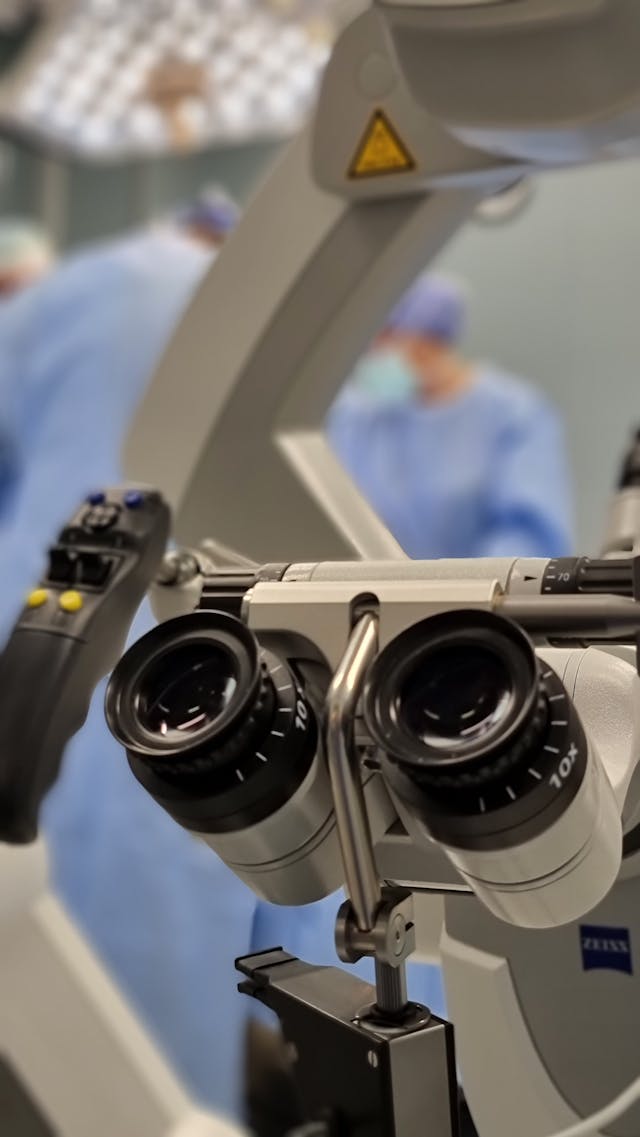Neurosurgery is a medical specialty that specializes in the diagnosis and treatment of nervous system diseases. Covering the brain, spinal cord, and peripheral nerves, this field aims to protect the health of one of the most complex systems of the body. Neurosurgery, where the most advanced technologies of modern medicine are used, stands out not only with surgical interventions but also with multidisciplinary approaches. In this article written by Prof. Dr. Özgür Taşkapılıoğlu, we provide detailed information about what neurosurgery is, which diseases it treats, and treatment methods.
What is Neurosurgery?
Neurosurgery is a medical specialty that performs surgical interventions on the brain, spinal cord, and other structures in the nervous system. Derived from the Latin words "neuro" (nerve) and "chirurgia" (surgery), this field offers solutions that are both life-saving in emergencies and improve the quality of life in chronic conditions.

Which Diseases Does Neurosurgery Treat?
Neurosurgery treats a wide range of diseases and conditions:
1. Brain Tumors
Surgical treatment of benign or malignant tumors is an important part of neurosurgery.
2. Spinal Diseases
Conditions such as herniation, scoliosis, and spinal cord compressions are within the scope of neurosurgery.
3. Traumatic Injuries
Head traumas, spinal cord injuries, and nerve damage may require emergency intervention.
4. Brain Vascular Diseases
Aneurysms, arteriovenous malformations, and vascular occlusions that carry a risk of stroke are treated.
5. Epilepsy Surgery
Surgical solutions can be offered in cases of drug-resistant epilepsy.
6. Parkinson's and Movement Disorders
Advanced techniques such as deep brain stimulation (DBS) can be effective in the treatment of movement disorders.
What Methods are Used in Neurosurgery?
1. Microsurgery
Interventions performed with the aid of a surgical microscope provide safe results in sensitive areas.
2. Endoscopic Techniques
Minimally invasive surgeries performed with small incisions offer a faster recovery process.
3. Robotic Surgery
Robot-assisted systems allow surgeons to perform more precise operations.
4. Radiosurgery
Technologies such as Gamma Knife and CyberKnife offer treatment using radiation without the need for surgical intervention.

How Does the Neurosurgery Process Work?
1. Diagnosis and Evaluation: The type and severity of the disease are determined by neurological examination, MRI, CT, and other imaging methods.
2. Surgical Planning: The treatment plan is created according to the patient's condition and preference.
3. Surgical Intervention: The operation is performed with sensitivity and technological support.
4. Post-Operative Care: The rehabilitation process increases the patient's recovery rate.
Why is Neurosurgery Important?
Neurosurgery plays a critical role in the management of nervous system diseases. Adopting a multidisciplinary approach in the treatment of vital organs such as the brain and spinal cord, this field aims to improve the quality of life of patients.
Neurosurgery is a vital medical specialty to keep the nervous system, one of the most complex systems of the human body, healthy. Thanks to modern surgical techniques and innovative approaches, neurosurgery offers promising solutions in the treatment of many diseases today. Do not neglect to seek support from an expert neurosurgeon for more information about brain and nervous system health. Bursa Brain Surgeon Özgür Taşkapılıoğlu wishes you healthy days.
Make an Appointment Now
+90 530 167 07 40